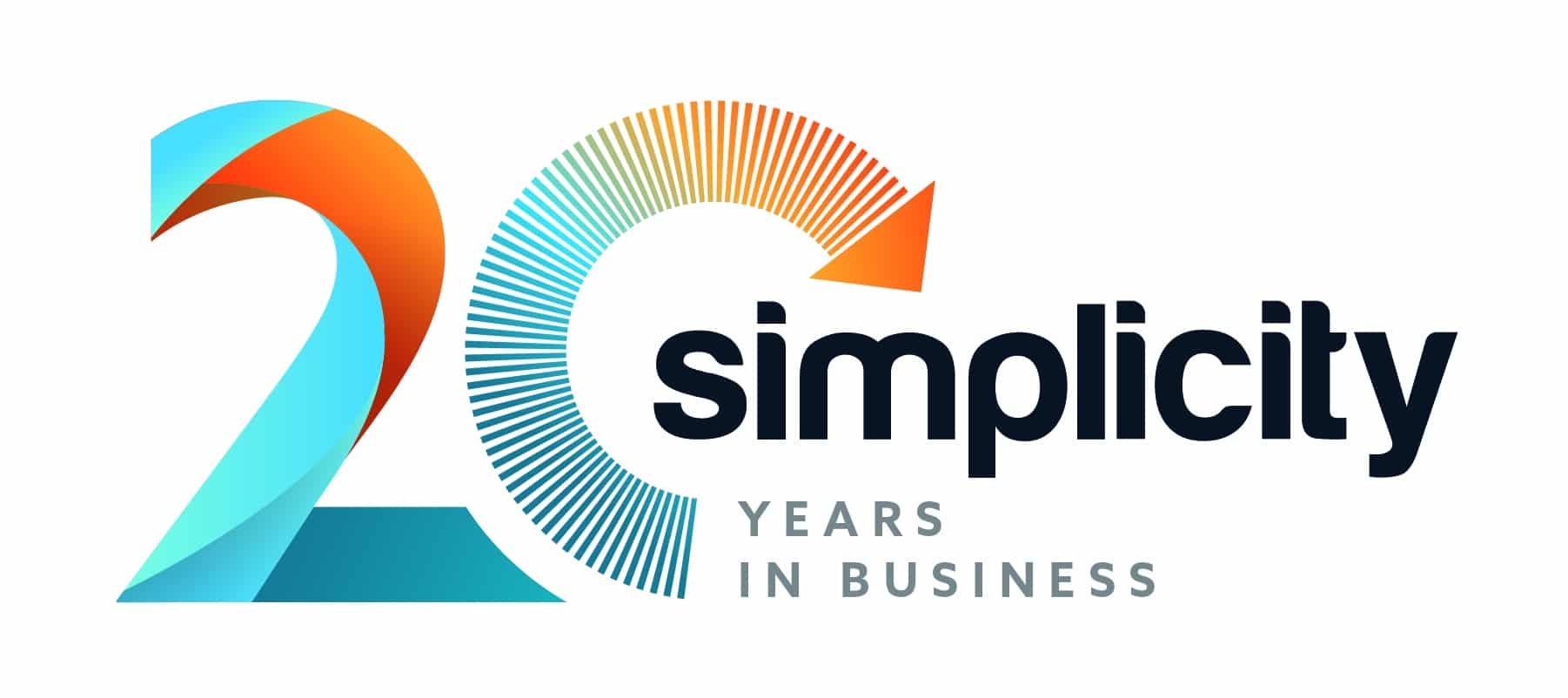The importance of maintaining a positive cashflow is as relevant to established businesses as it is to newer ones. Keeping a check on what goes out and marrying that with what comes into the business is essential to ensuring that your agency can grow at the right pace for you.
Here we take a look at five of the most effective ways to help you better overcome the cashflow challenges that you might be facing in your recruitment business.
1. Invoice clients regularly (and correctly)
As obvious it may seem, it is important to invoice your clients on time, every time. Being busy pitching new business is all very well, but if the money coming into your bank account is haphazard it will put a squeeze on your available cashflow.
Invoice your clients as soon as the contract has been signed – if you delay in sending it your clients will ‘assume’ you’re in no rush to be paid, and they’ll be in no rush to pay it either (regardless of what payment terms you stipulate).
And, make sure you invoice correctly too. A report by PwC found that failure to invoice the right amount or sending it to the wrong person were two of the biggest reasons for 85% of non-payment complaints.
2. Combat seasonality
Recruitment, like many sectors, is subject to fluctuations throughout the year. The freneticism of the New Year makes way for a calmer Spring, as one financial year ends and another begins while July and August are traditionally slower months, with many organisations taking their foot off the hiring gas.
However, fluctuating levels of income can add stress to your agency’s cashflow. It may be difficult at times, but it is important to save what you can during busier periods to help alleviate any cashflow issues you may experience when things are quieter.
3. Consider your finance options
Recruitment is a great industry to work in, especially when the economic climate is as positive as it is right now. While the value of your invoices being sent out each month is good news, this means very little if the money isn’t hitting your bank account within the statutory 30-day payment period.
You still have financial commitments that need to be met, ranging from essential overheads such as rent, utilities and job board advertising to contractor salaries and the monthly wages of your own people too.
To guarantee you can meet these commitments on time means having access to the finance you need, when you need it. Whether you are temp or perm recruitment start up or an existing agency be sure to choose the recruitment finance option (and provider) that is right for you.
4. Set up credit control processes
According to the same PwC report mentioned earlier, 1 in 5 business owners’ state that debt – caused by poor cash flow management – is the biggest threat to their businesses. Invoicing your clients is one thing, but the longer it takes to retrieve monies owed to you, the bigger the impact on your cashflow.
So clearly state the payment date, set up reminders and send out follow up statements to any late paying clients. If these things don’t work, you may have to go down the road of appointing a collections agency as a final option. But consider the impact this is also having on your time.
If you find that the process of raising and chasing invoices is taking you away from trying to run and grow your agency, it might be better to work with a specialist recruitment finance provider who can manage your entire invoicing and credit control function for you.
5. Keep an eye on the till
John Timpson, former Chairman of Timpson Retail, famously advised that there are two fundamental rules to managing a business: “Rule one – look the part. Rule two – put the money in the till”.
To be perceived as a successful agency, you need to act like one and that means knowing exactly what funds you have available in real time. By implementing some or all of the points above and monitoring your cash flow you are better placed to anticipate any problems that may lie around the corner.



